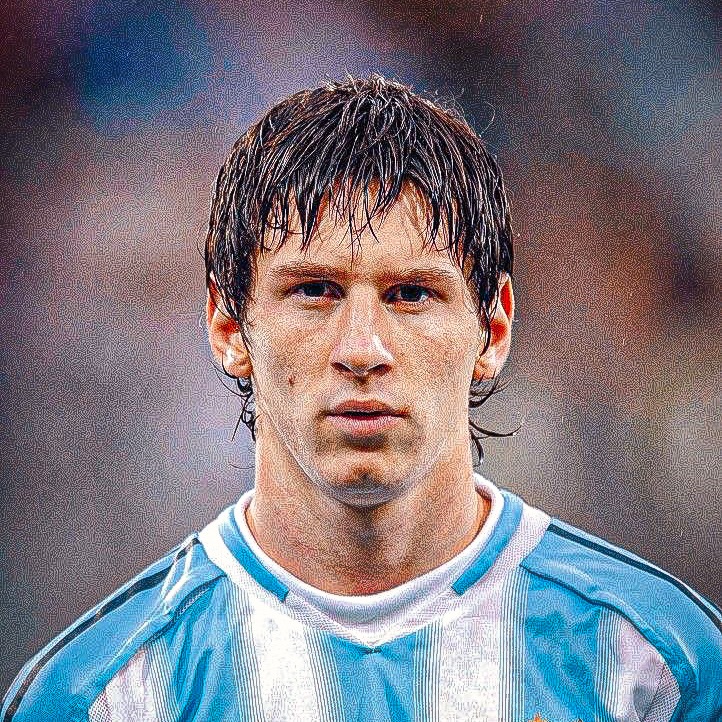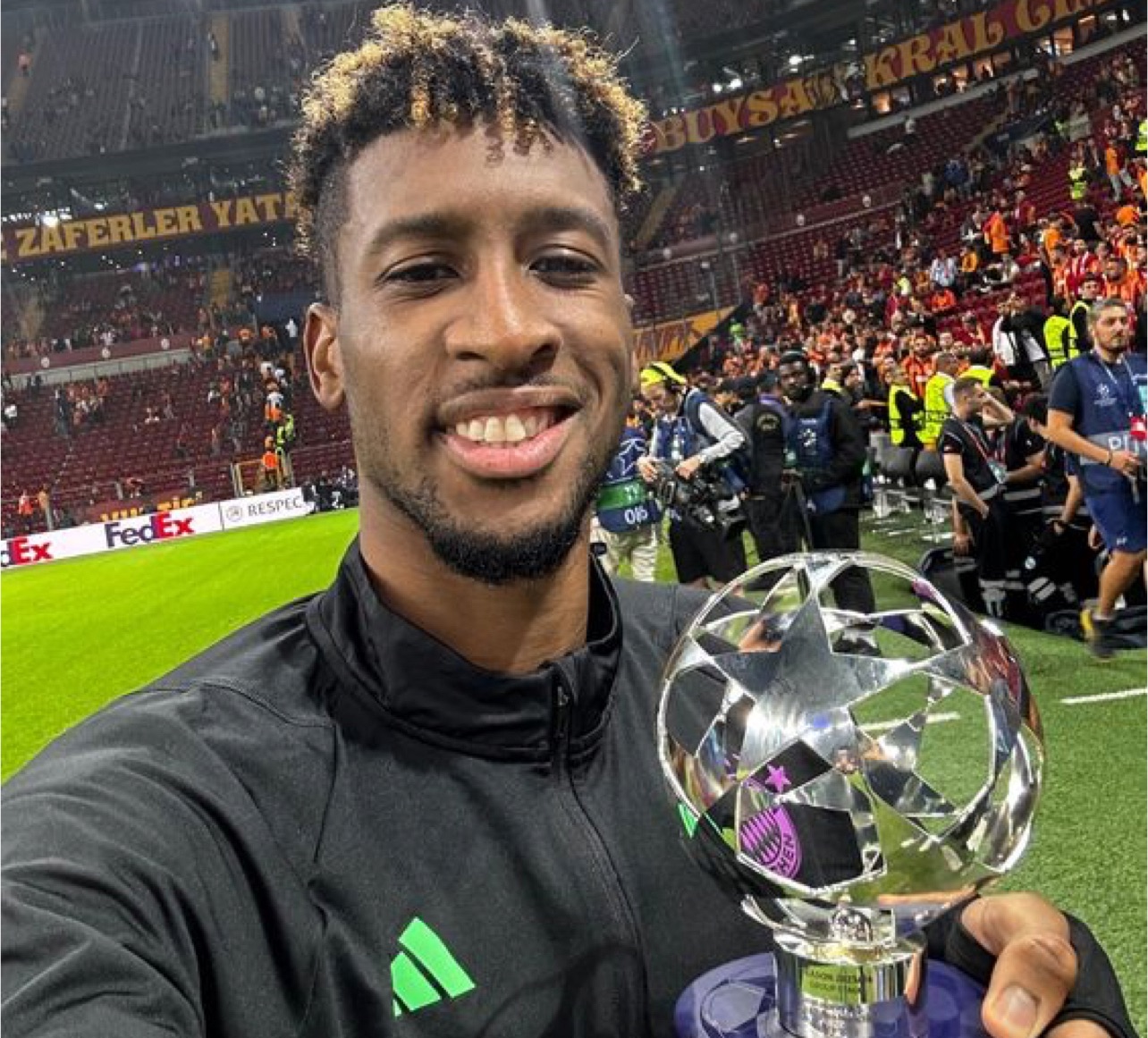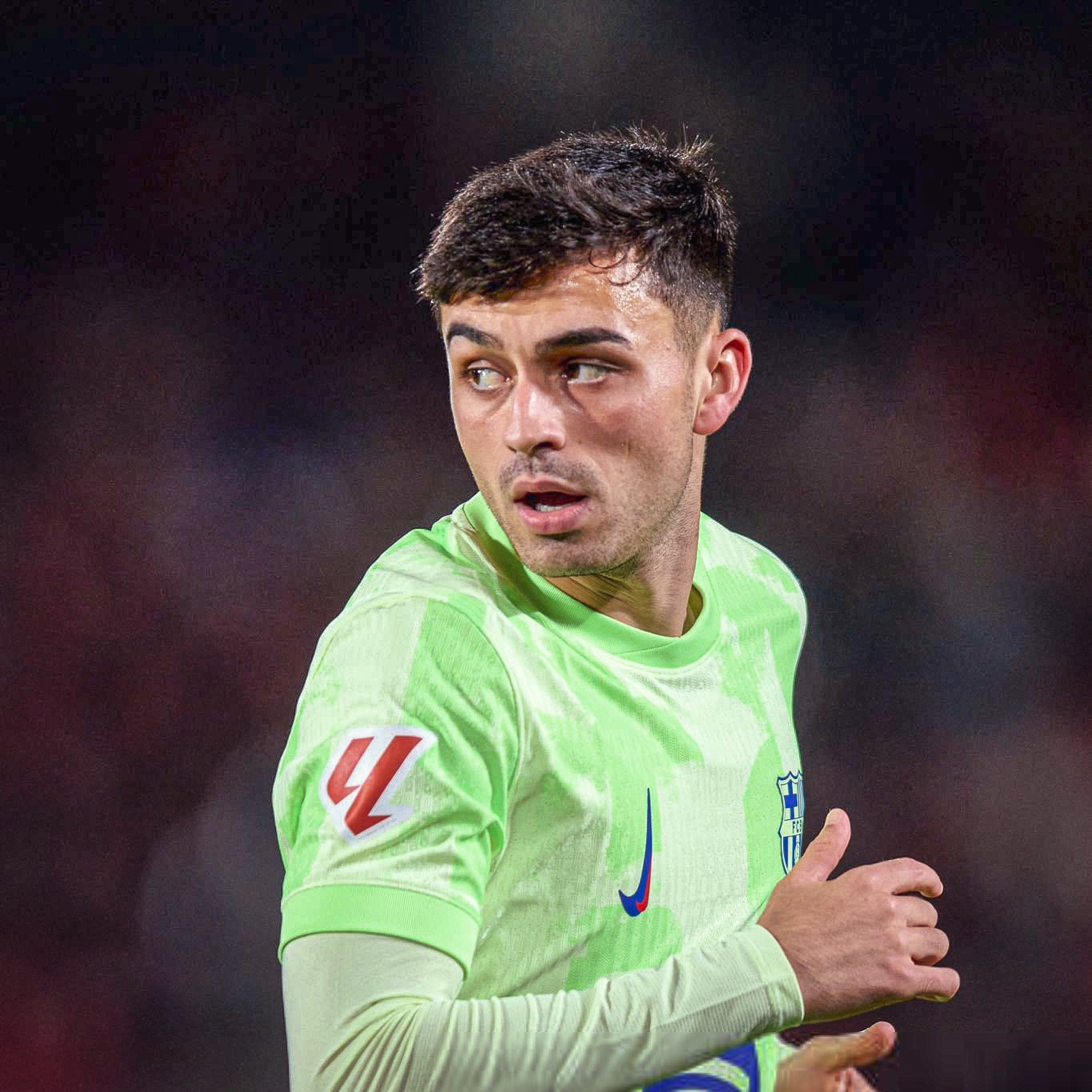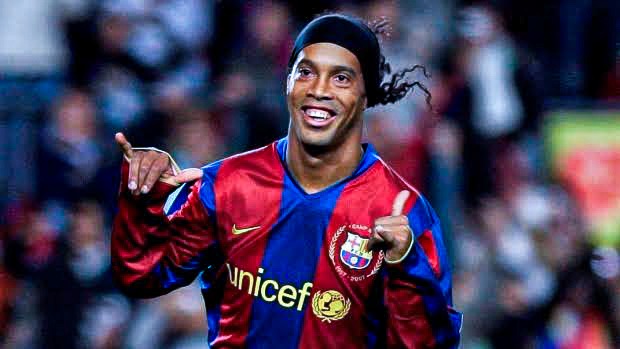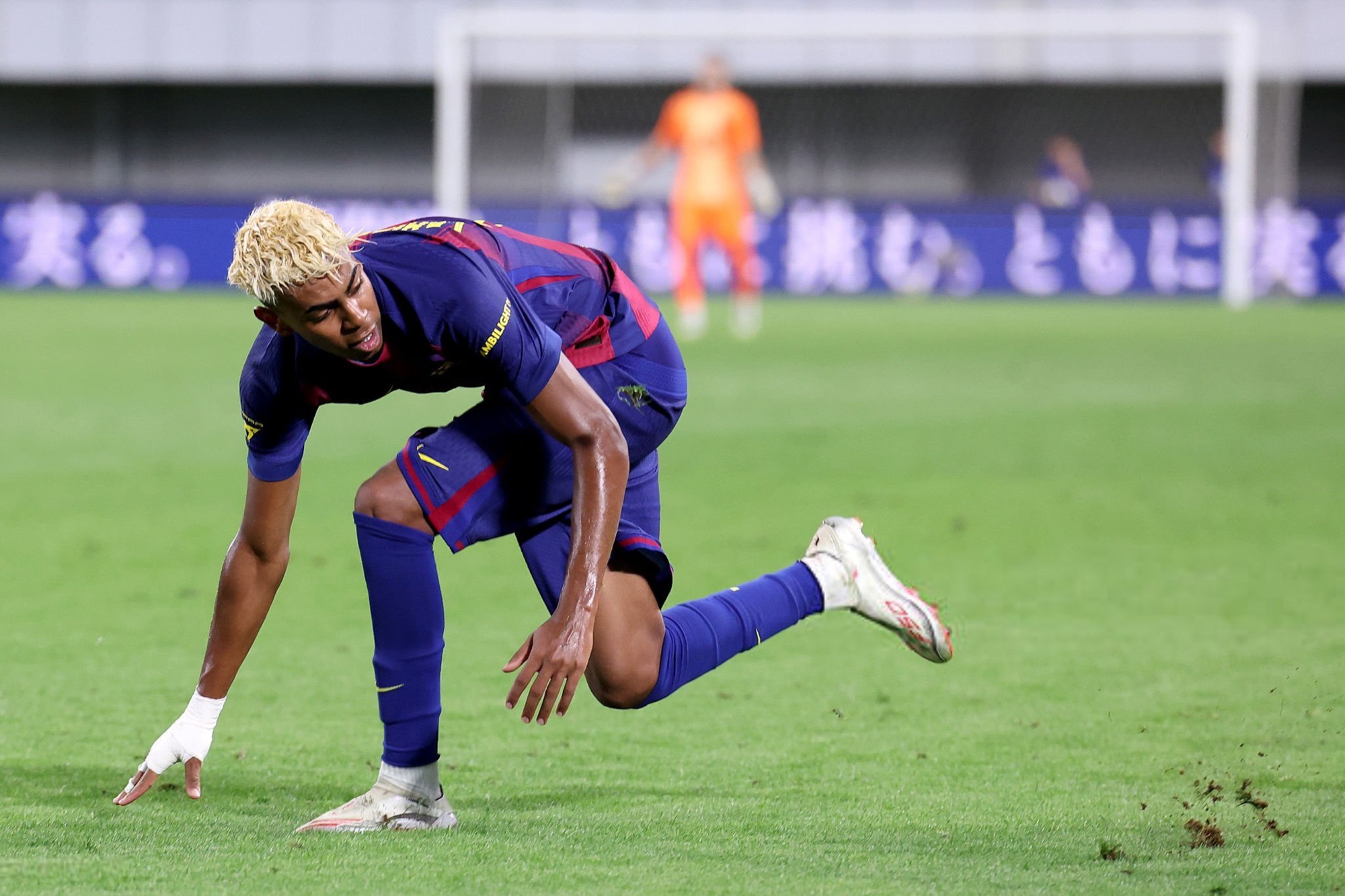Football is often called the most inclusive sport in the world. Unlike many others, it doesn’t require wealth or privilege to begin—just a ball and some space. For millions across South America, the beautiful game has not just been a pastime but a lifeline. In countries where poverty and inequality are widespread, football has helped countless individuals rewrite their destinies. Here are 15 inspiring stories of South American stars who came from humble beginnings and used football to transform their lives.
1. Lionel Messi – Argentina
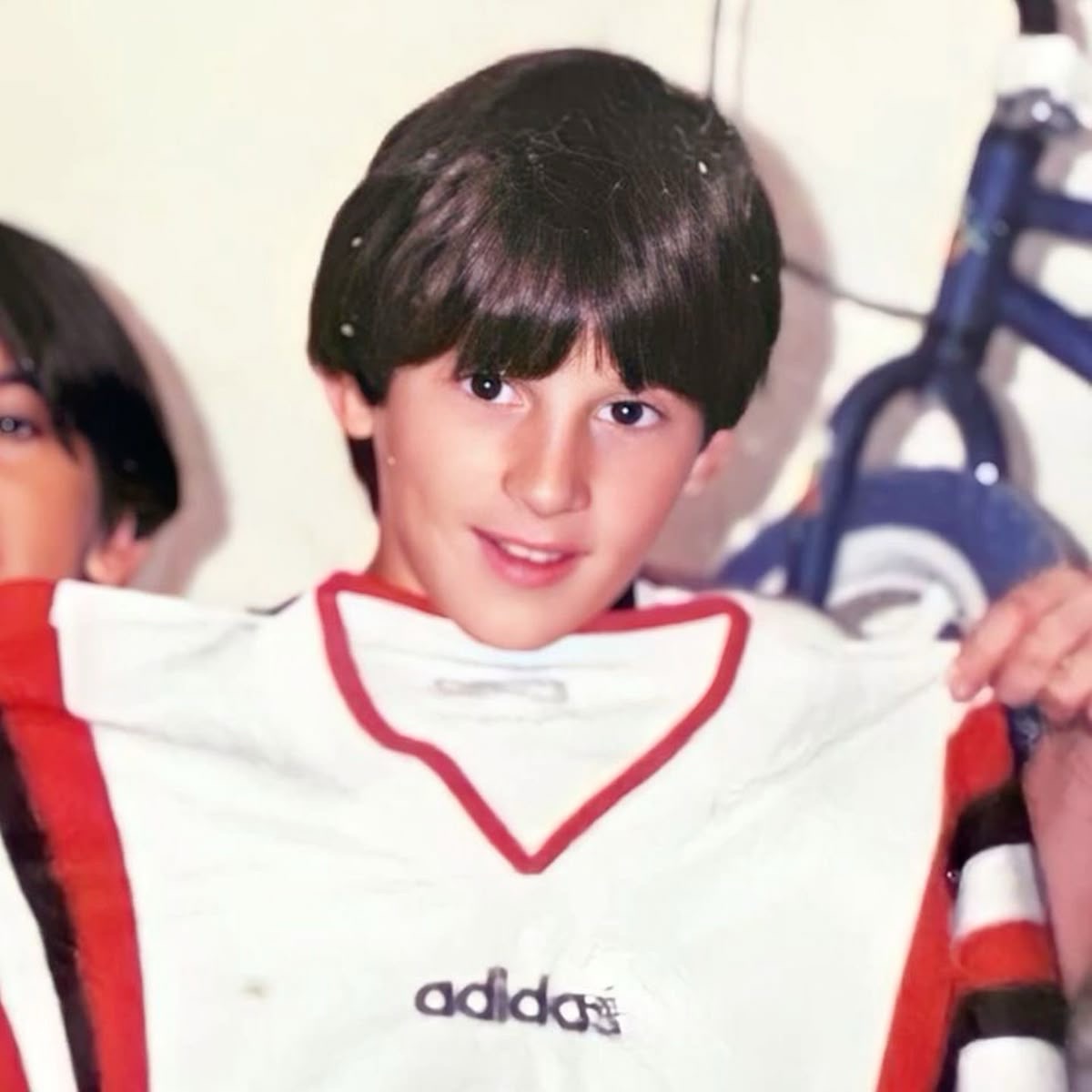
Born in Rosario during a time of deep economic distress in Argentina, Messi’s childhood was shaped by adversity. His father worked in a steel factory and his mother cleaned houses. Diagnosed with a growth hormone deficiency at 11, Messi needed expensive treatment his family couldn’t afford. After several local clubs turned him away, Barcelona offered not just a place in their youth ranks—but a lifeline. The rest, as they say, is history.
2. Neymar Jr. – Brazil

Long before the glamour and global fame, Neymar’s early life was rooted in hardship. Raised in modest conditions, he often accompanied his father working odd jobs around ports and parking areas. His first football boots came from a local rubbish dump. But raw passion kept him going, and that drive eventually led to a world-record €222 million transfer, making him one of the most expensive players in football history.
3. Alexis Sánchez – Chile

Sánchez grew up in the mining town of Tocopilla under harsh conditions. As a boy, he earned money by washing cars and performing acrobatic tricks in the street. His biological father abandoned the family early on, leaving his mother and stepfather to raise him with minimal means. Years later, Sánchez would become Chile’s all-time leading scorer and a Premier League star.
4. Luis Suárez – Uruguay

In a household of seven children, money was always tight. When Suárez was 12, his father walked out, forcing his mother to work multiple jobs. Without boots, Suárez played barefoot in the streets of Salto. But his grit never faded. He went on to become one of the most feared strikers of his generation and the all-time top scorer for Uruguay.
5. Angel Di María – Argentina
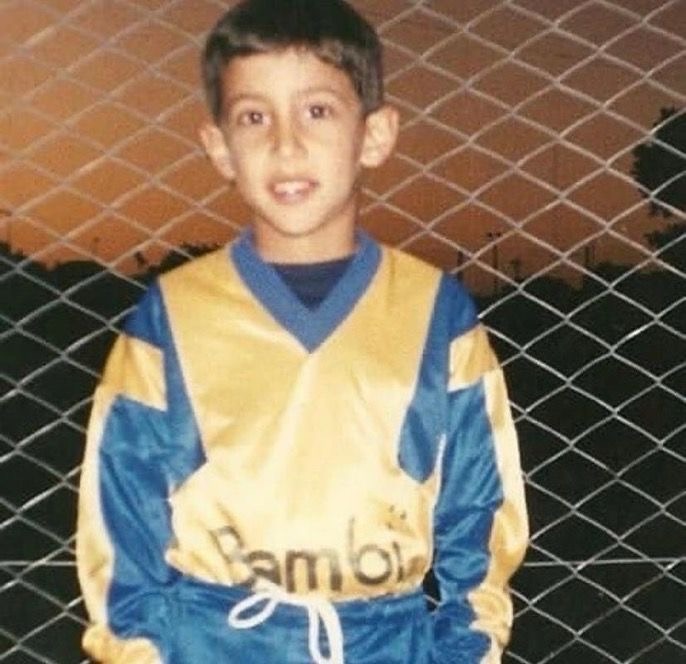
Hailing from a working-class neighbourhood in Rosario, Di María’s parents toiled in a coal yard. He was undernourished as a child and extremely slim, but his pace and technique set him apart. After signing his first professional contract, his first act was to buy his parents a new home—freeing them from years of back-breaking labour.
6. Dani Alves – Brazil
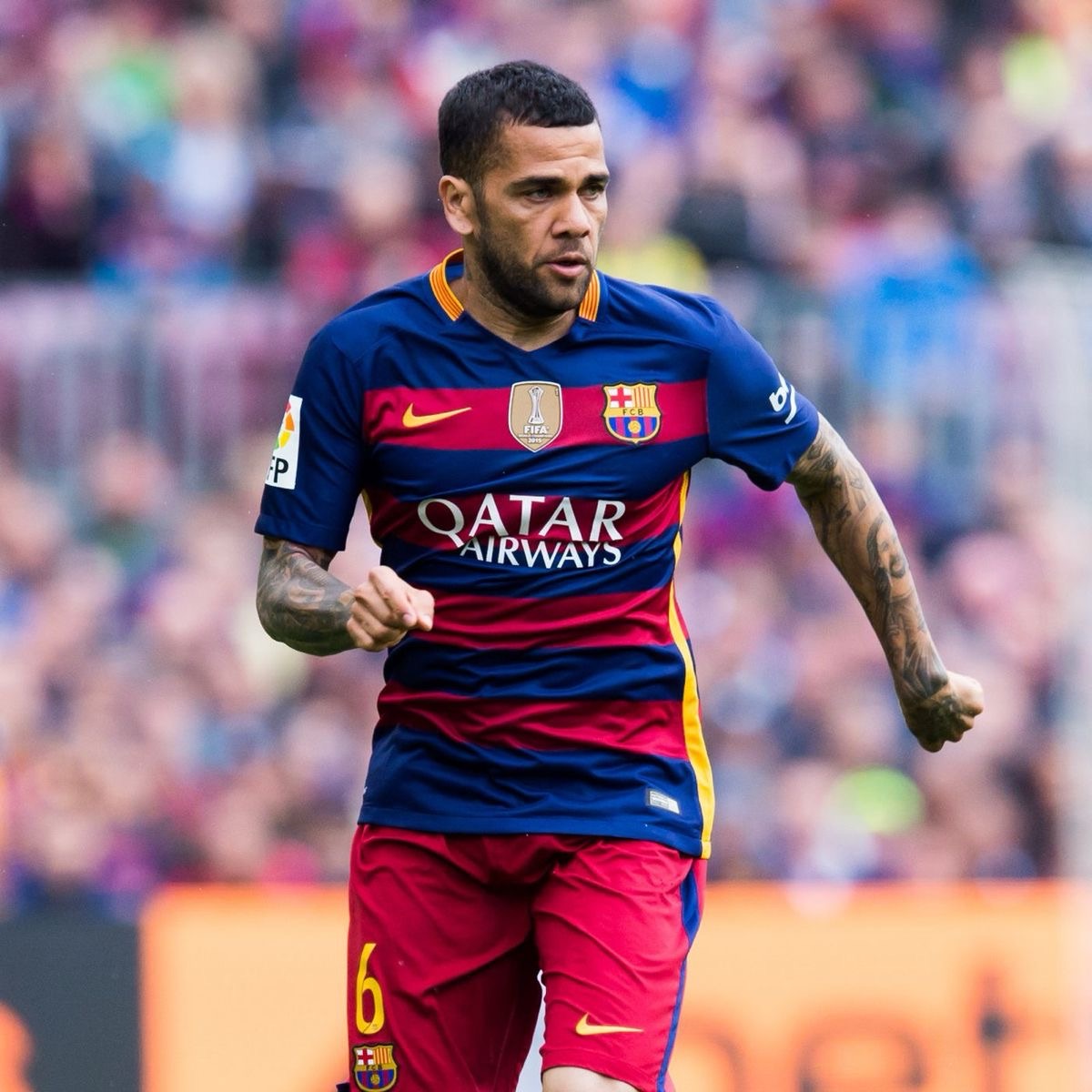
Growing up in Bahia, Alves rose before dawn each day to help his father in the melon fields. He also worked as a waiter and helped out at local markets. His football journey began with a small local club started by his father. Alves’ determination and talent led him all the way to European football, where he became one of the most decorated right-backs of all time.
7. Carlos Tevez – Argentina
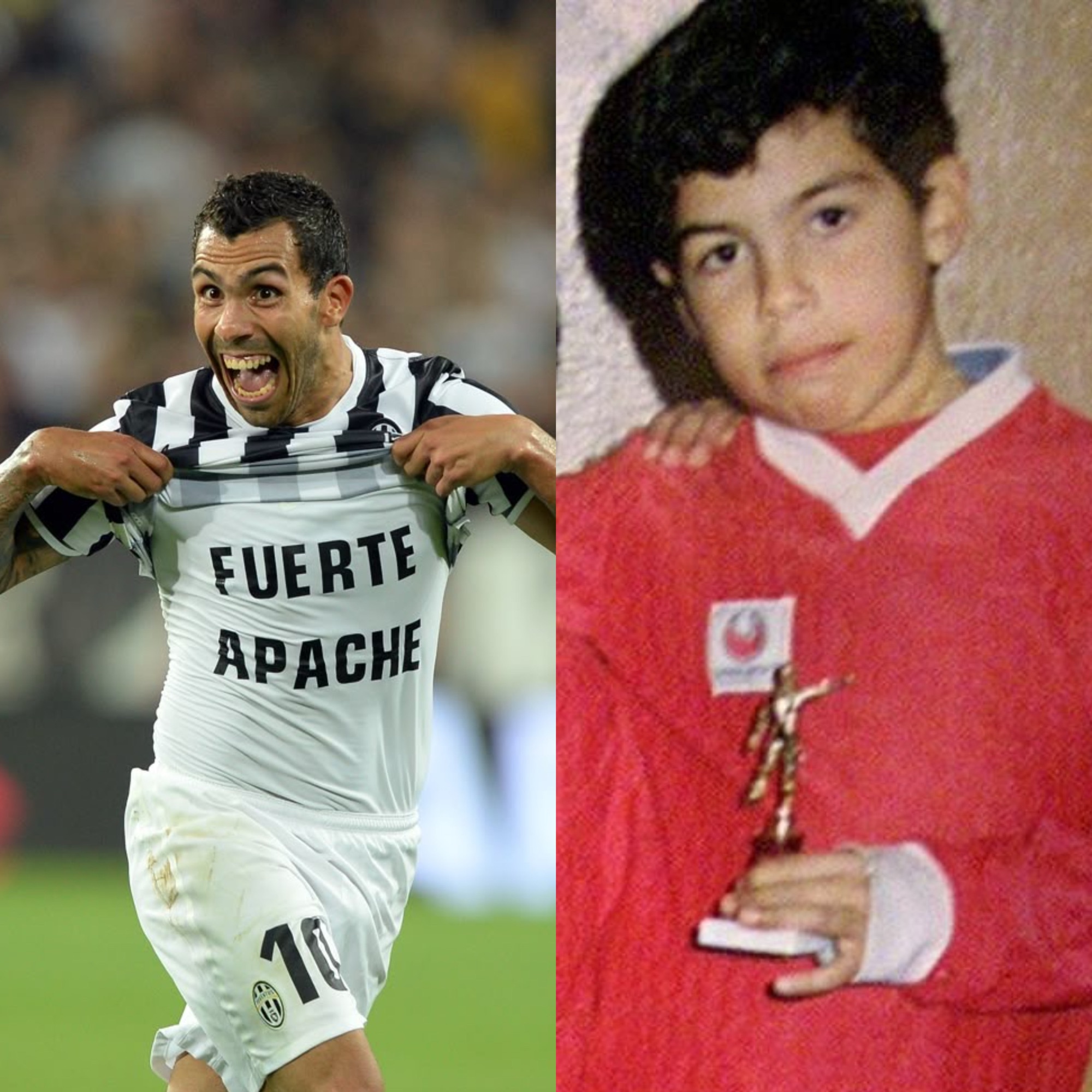
Tevez’s childhood was one of survival. Raised in a notoriously dangerous barrio in Buenos Aires, his mother left when he was just a baby, and his father died violently before Tevez turned seven. He was taken in by an aunt who could barely provide for her own children. Against all odds, Tevez resisted the pull of crime and chose football, eventually becoming a household name.
8. Ronaldinho – Brazil
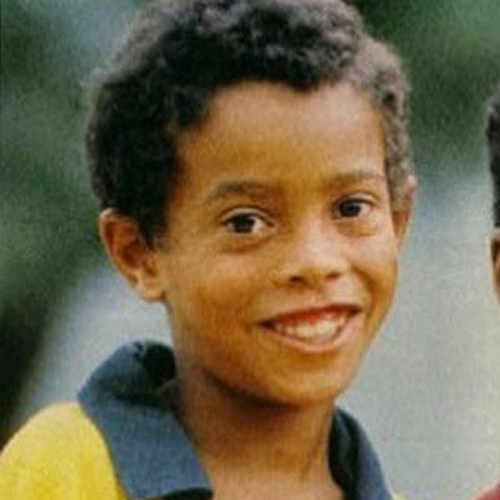
In Porto Alegre, Ronaldinho grew up in challenging conditions. Tragedy struck early when his father passed away suddenly. Gremio, recognising the family’s fragile situation and Ronaldinho’s potential, relocated them to a better neighbourhood to keep the talented youngster with the club. His dazzling skills would soon earn global recognition and millions of fans.
9. Robinho – Brazil
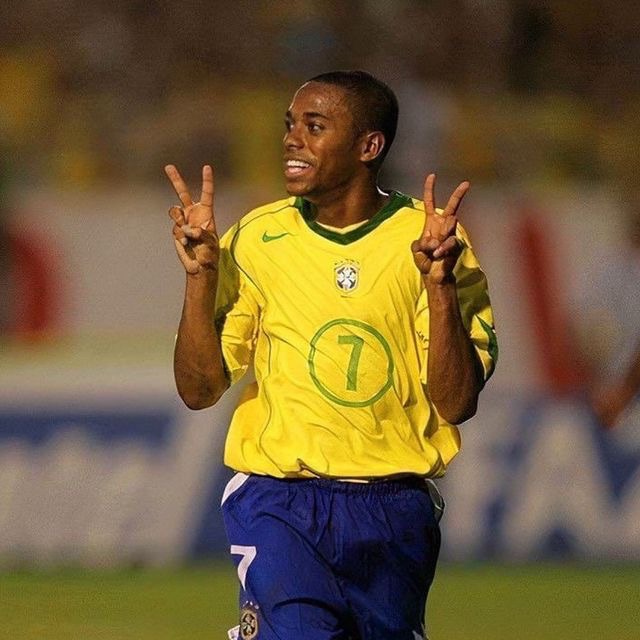
Robinho’s roots lie in the impoverished city of São Vicente, where crime and drugs were common traps for young people. He suffered from malnutrition in childhood, which impacted his physical development. But his ability on the ball caught the eye of Pelé, who took a special interest in him. Though Robinho never quite lived up to the “next Pelé” label, his rise from poverty remains remarkable.
10. Dante – Brazil

In Salvador’s Federacao neighbourhood, Dante honed his skills outside a supermarket where his mother worked as a cashier. Rejected by top clubs in São Paulo and Rio, he eventually found a lifeline at Matsubara—over 1,000 miles away. Determined not to miss the opportunity, Dante sold his video games to afford a one-way bus ticket and never looked back.
11. Juan Román Riquelme – Argentina
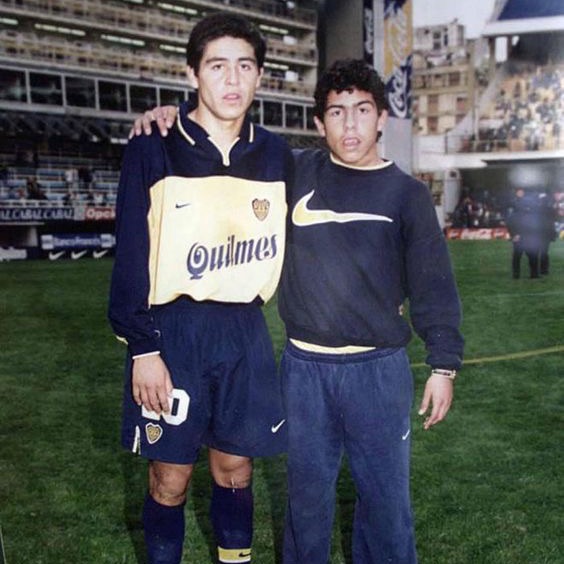
Riquelme’s early years were spent in a rough Buenos Aires settlement where crime was rampant. His father, desperate for income, allegedly became involved in underground gambling rings—sometimes forcing young Roman to play in fixed matches. Despite the chaos around him, Riquelme’s vision and intelligence on the pitch lifted him far above the life he was born into.
12. Ronaldo Nazário – Brazil
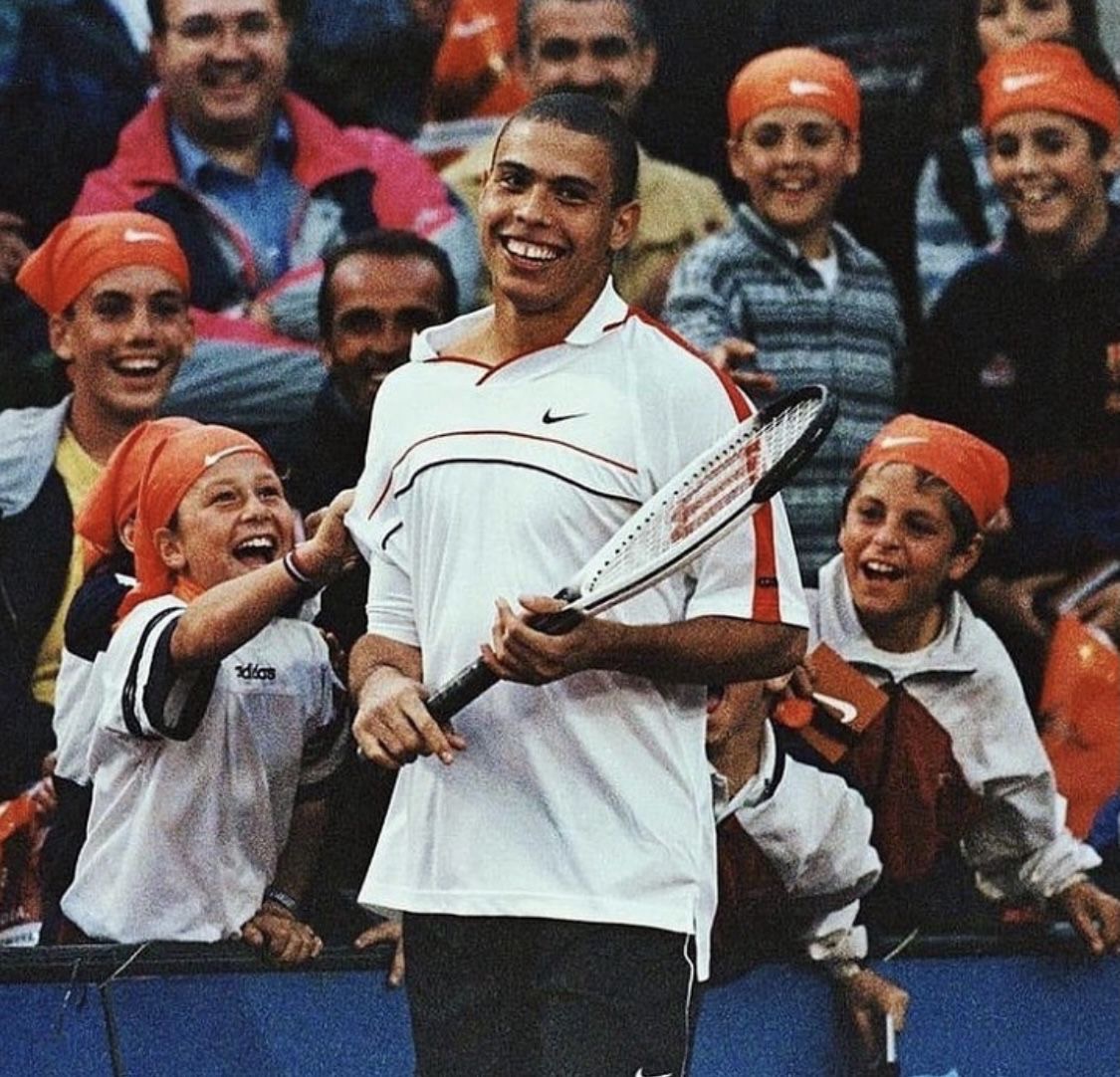
The boy known as “O Fenômeno” was so poor that even transport fare to trials was a luxury. Flamengo once passed on him because he couldn’t afford to attend their academy. Instead, Ronaldo walked to local training sessions and poured everything into his craft. By 17, he signed with Cruzeiro, and by 21, he was a global star.
13. Rivaldo – Brazil
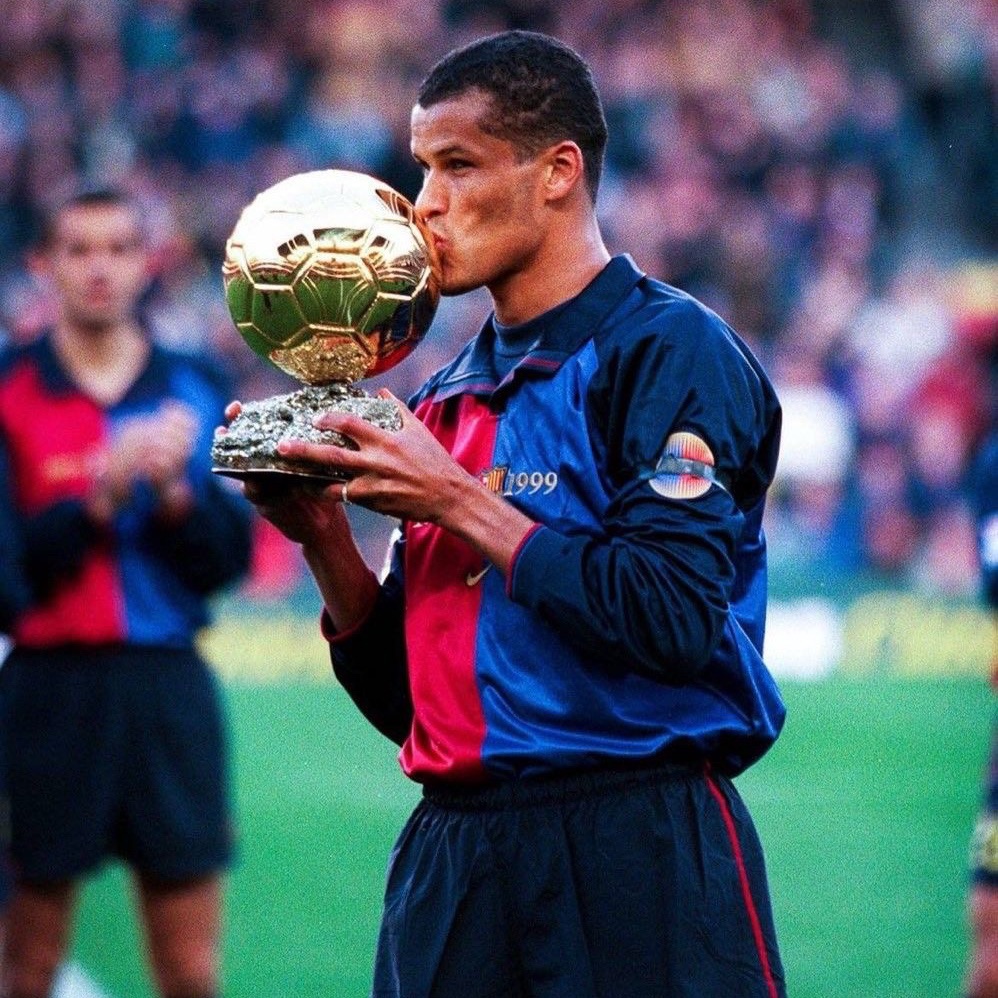
Life in Recife’s favelas was brutal. Malnutrition in childhood left Rivaldo with missing teeth and bowed legs. He lost his father in a car accident at 15, just as he was finding his feet in football. Despite these painful setbacks, Rivaldo rose to become a Ballon d’Or winner and World Cup champion, leaving an indelible mark on football history.
14. Roberto Firmino – Brazil

Growing up in the favelas of Maceió, Firmino’s family often struggled to provide even basic meals. Encouraged by neighbours who saw his gift, they allowed him to focus on football. When he caught the attention of European scouts, his parents accompanied him to Germany so he wouldn’t be alone. At Liverpool, Firmino became a fan favourite—known for his intelligence, energy, and selfless play.
15. Gabriel Jesus — Brazil
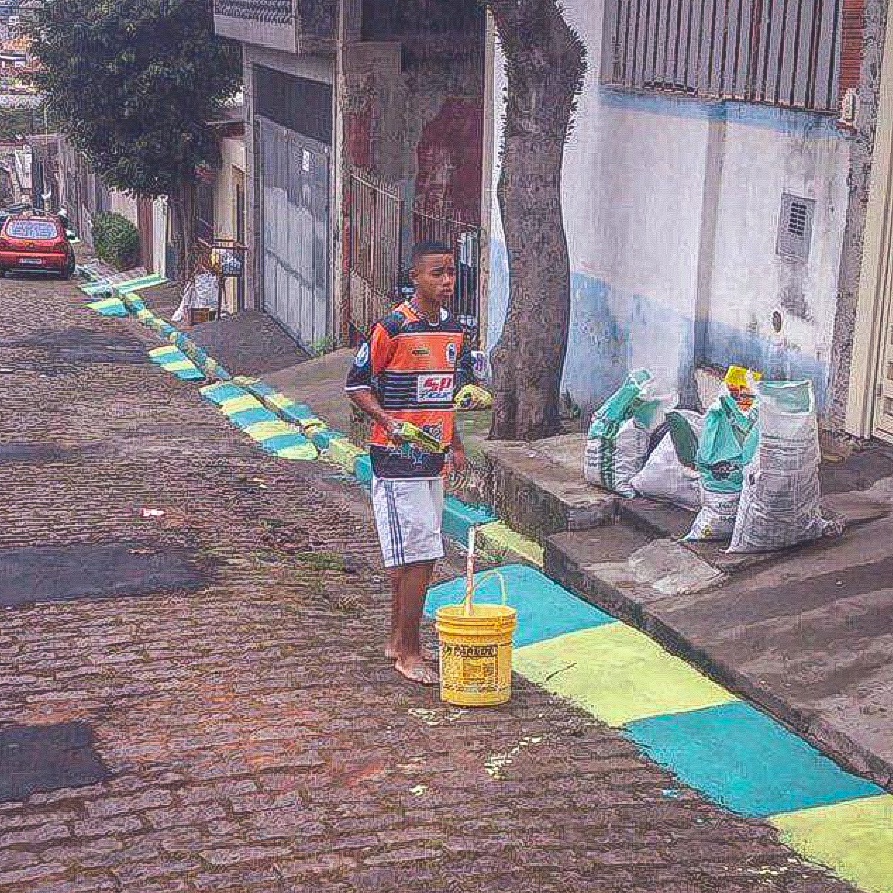
Gabriel Jesus grew up in Jardim Peri, a poor and dangerous neighbourhood in São Paulo, raised by a single mother who worked tirelessly to provide for the family. As a child, he played barefoot on the streets, often using football as an escape from hardship. During the 2014 World Cup, he painted the streets of his community with Brazil’s colours—still just a teenager with a dream. His talent soon caught the eye of Palmeiras, and by 19, he was leading them to a league title. When he joined Manchester City, his mother moved with him, keeping him grounded as he rose to the top of world football.
